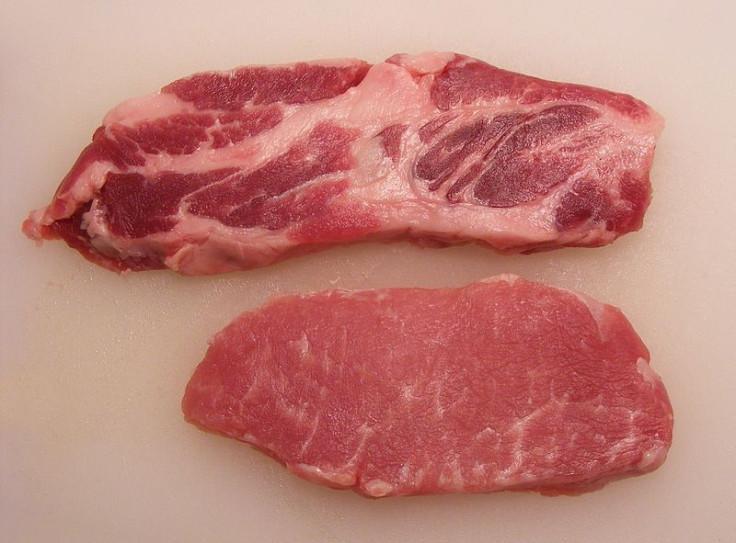$325,000 Burger: Lab Grown Meat Gets Its First Taste Test

Cruelty-free, lab-grown meat will be on the menu in a few short months, according to Dr. Mark Post of Maastricht University. It has been the hope of environmentalists and animal rights activists for decades to have meat products that are grown in vats from animal cells instead of having to kill animals for every burger craving.
As the New York Times reports, an anonymous donor has spent over $325,000 to fund Dr. Post's research while the Dutch government has also contributed money to the stride. The burger contains around 20,000 strips of thin, lab-grown strips of cow muscle cells, and will be tasted in London at an event in just a few short weeks. Professor Post had previously told the BBC, "In the beginning it will taste bland. I think we will need to work on the flavour separately by trying to figure out which components of the meat actually produce the taste and analyse what the composition of the strip is and whether we can change that."
Many labs have reported that lab grown meat needs to be "exercised." The MIT Technology Review reported that pig meat cells gown in vats looked similar to soggy, wasted muscle tissue. Dr. Post told them in 2009, "We need to find ways of improving it by training it and stretching it, but we will get there. This product will be good for the environment and will reduce animal suffering. If it feels and tastes like meat, people will buy it."
Although many safety procedures have prevented people from tasting the lab-grown meat in the past, Dr. Post is content that even without any fat, the meat "tastes reasonably good."
There are many environmental reasons to engineer meat in the lab, rather than relying on taking animal lives. 70 percent of all farmland is used for grazing for animals, 20 percent of greenhouse gases (methane) are released by livestock, animal diseases can infect humans (as seen with the recent bird flu epidemic in China), and food poisoning due to antibiotic resistant bacteria could be reduced by having sterile grown meat tissue.
In computer science, there is a test for artificial intelligence called the Turing Test, where people decide whether a conversation partner is a computer program or an actual person. If a computer program is able to fool people a considerable amount, it is considered to have the same intelligence as a human. Similarly, in the in-vitro meat realm, the Lucinda Test has been developed. Once lab-grown meat is indistinguishable from regular meat by a taste test and is comparable in cost and nutritional value, then the product can be commercially viable.
So you won't be seeing a synthetic burger on your plate just yet. But the technology is developing at a fast pace, and in the near future, a lab-grown burger may be a viable menu option.
Published by Medicaldaily.com



























